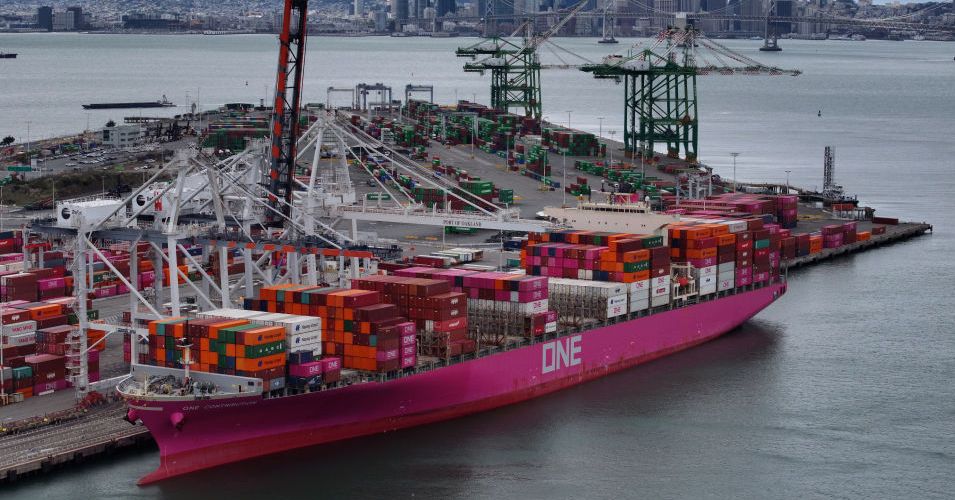Why does this conflict happen? The short version is that Trump and his consultants believe that tariffs are helping the US economy by encouraging factories here, reducing business deficits and punishing barriers to US products in other countries.
“We will charge our domestic industrial base,” Trump said in a speech on April 2, with a tariff on almost any US business partner. “We will open foreign markets and break down the barriers to foreign trade, and eventually, more home production will mean stronger competition and lower price for consumers.”
Is a tax tariff accused by the government on imports. Since the US government has raised its tariffs, other countries have retaliated as they increase.
Adding to chaos is that these policies are changing repeatedly, while the president often changes on social media, as has happened in recent days about EU tariffs.
I spoke to Chris Sippel, Vice President of Wood Mackenzie for power and renewable, to digs parts of the report that deals with renewable. Here’s a conversation, edited for length and clarity:
Dan Gearino: For renewable energy industries, is it a big problem that the tariffs make everything more expensive, or is there more?
Chris Sipple: Certainly, things more expensive is a big part of it. I think the second challenge, and this is a unique kind of power trade, that is, there is a heavy rules. So there are many US programs that need to go through extensive surveillance processes to confirm what they want. In a world where there is so much tariff, they do not know what to cost what they want to build. The industry is particularly motionable for the industry to move, and it affects renewable rather than other parts such as gas or coal, because we rely on such a larger degree, especially for battery storage, where we are completely dependent on imports from China.
With the battery storage, an attempt has been made to increase production capacity in the United States. How can you specify where it is?
Soon many days of battery production that are going on in the United States means providing battery to EV vehicles, not tools on the tool scale. Therefore, the production capacity compared to what is demand for that equipment makes us more than 90 % of what we need.





